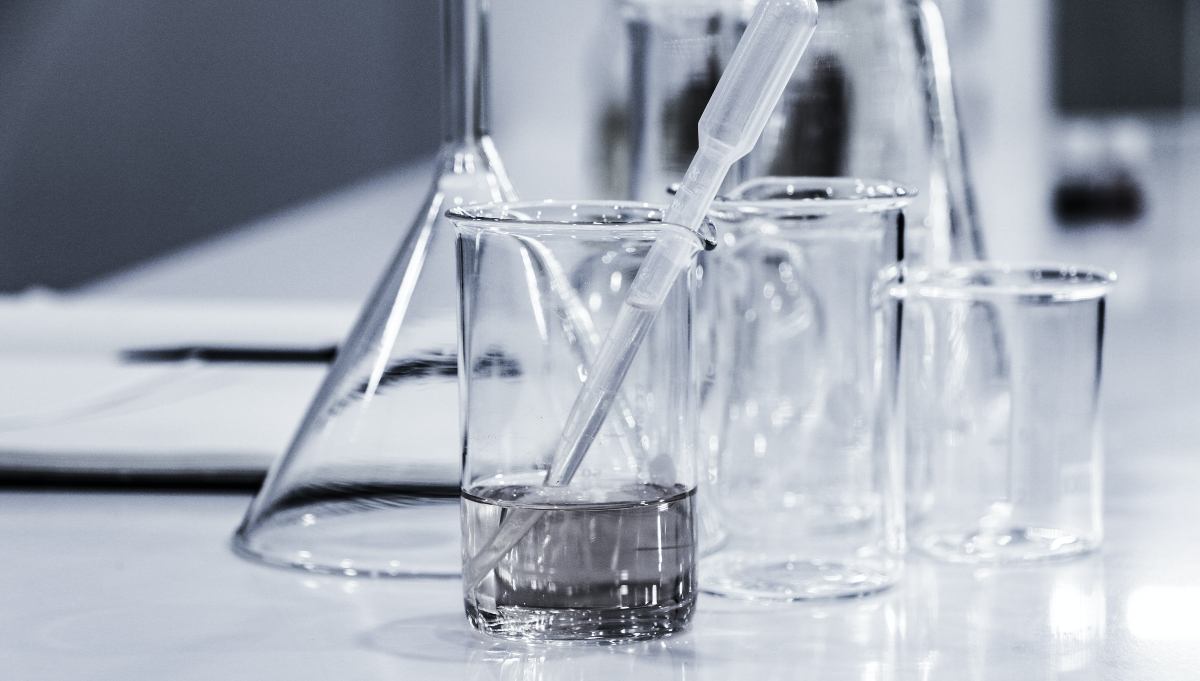
Should all medical research be regarded as ‘untrustworthy’?
A former editor of The BMJ says Yes
The middle of the Covid-19 pandemic is not an auspicious moment to cast doubt upon the reliability of scientific research. However, writing in a BMJ blog, Richard Smith, editor of The BMJ until 2004, launched a withering attack, saying that the system is riddled with fraudulent studies. “ It may be time to move from assuming that research has been honestly conducted and reported to assuming it to be untrustworthy until there is some evidence to the contrary,” he says.
Dr Smith does not mention the pandemic, but it would come as no surprise if Covid-19 research did not have problems. A study published in the journal Scientometrics found that 87,000 papers had been published between the beginning of the pandemic and October last year. Tens of thousands must have been added to that figure by now. The highly-respected blog Retraction Watch is keeping a tally of retracted Covid-19 papers – so far there are well over 100.
In a recent webinar (see below) conducted by Cochrane, an independent group which reviews healthcare data, Professor Ian Roberts, of the London School of Hygiene & Tropical Medicine, said that he has become sceptical about all systematic reviews, particularly those that are mostly reviews of multiple small trials.
In an article in Reason journalist Ronald Bailey cited years of research which suggest that this issue is nothing new:
How bad is the false-positive problem in scientific research? As I earlier reported, a 2015 editorial in The Lancet observed that “much of the scientific literature, perhaps half, may simply be untrue.” A 2015 British Academy of Medical Sciences report suggested that the false discovery rate in some areas of biomedicine could be as high as 69 percent. In an email exchange with me, [Stanford professor John P.A.] Ioannidis estimated that the nonreplication rates in biomedical observational and preclinical studies could be as high as 90 percent.
This by no means invalidates the scientific method, or science itself. But there are immense problems of which most people are blissfully unaware. Ioannides says that “Science is the best thing that can happen to humans, but doing research is like swimming in an ocean at night.” As Otto von Bismarck might have said: “If you like science and sausages, you should never watch either one being made.”
Michael Cook is editor of BioEdge
Creative commons
https://www.bioedge.org/images/2008images/science_3.jpeg
fraud
- How long can you put off seeing the doctor because of lockdowns? - December 3, 2021
- House of Lords debates assisted suicide—again - October 28, 2021
- Spanish government tries to restrict conscientious objection - October 28, 2021
